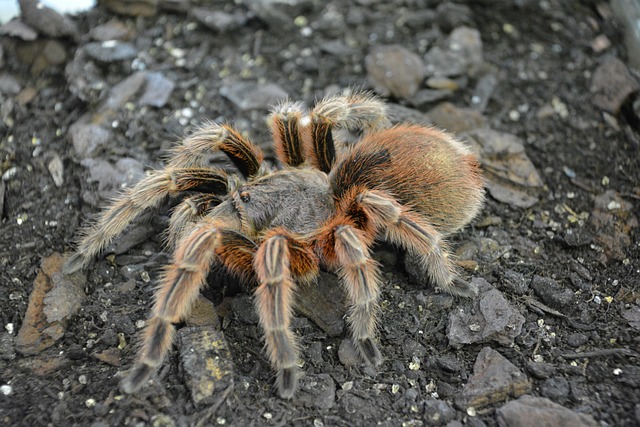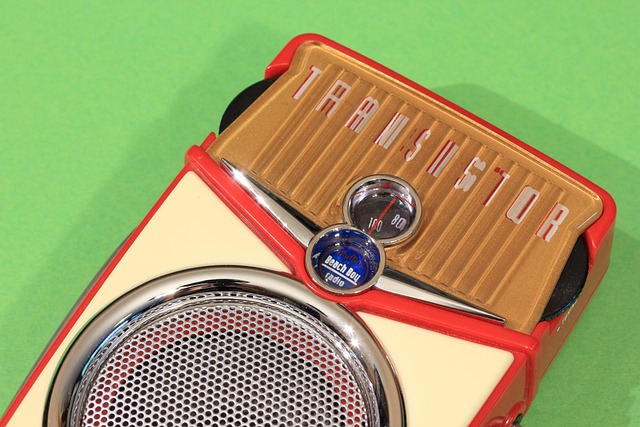
Fossorial Tarantulas
Fossorial tarantulas are a unique group of spiders that have adapted to a life spent primarily underground. Their name, derived from the Latin word "fossor," meaning "digger," aptly describes their burrowing habits. These spiders are fascinating not only for their physical adaptations but also for their behavior and care requirements.
Physical Characteristics
Fossorial tarantulas possess several physical traits that enable them to thrive in subterranean environments. Their bodies are typically robust and compact, allowing for efficient movement through soil. Additionally, many species have specialized leg structures that enhance their digging capabilities. The coloration of these tarantulas often reflects their habitat; darker shades help them blend into the earth, providing camouflage from predators.
Behavior and Habitat
Unlike many other tarantula species, fossorial tarantulas spend most of their lives hidden away in burrows. This behavior can make them less visible to their owners, which is a point of contention among enthusiasts. Some people appreciate the rarity of sightings, viewing each appearance as a special event. Others, however, find it challenging to keep a pet that is rarely seen. This aspect of fossorial tarantulas can be a consideration for potential owners.
Popular Species
There are several species of fossorial tarantulas that are popular among hobbyists. Here are a few notable examples:
- Haplopelma lividum: Known for its striking blue coloration, this species is often referred to as the cobalt blue tarantula. It is known for its defensive behavior and can be quite fast.
- Stygobromus hayi: This species is less common but is appreciated for its unique appearance and burrowing habits. It is relatively low-maintenance, making it suitable for beginners.
- Segestria florentina: Although not a tarantula, this fossorial spider is often recommended for those interested in burrowing species. It has a glossy black body with vibrant green chelicerae and is known for its interesting feeding habits.
Care Requirements
Caring for fossorial tarantulas requires an understanding of their specific needs. Here are some essential care tips:
- Enclosure: A deep substrate is crucial for these burrowing spiders. A minimum depth of 6-8 inches is recommended to allow for natural digging behavior.
- Humidity: Maintaining proper humidity levels is vital. Most fossorial tarantulas thrive in environments with 60-80% humidity. Regular misting can help achieve this.
- Temperature: A temperature range of 75-85°F is ideal for most species. A heat mat can be used to maintain warmth, but care should be taken to avoid overheating.
- Feeding: Fossorial tarantulas are generally good eaters. A diet of appropriately sized insects, such as crickets or roaches, is recommended. Feeding frequency can vary based on the spider's age and size.
Conclusion
Fossorial tarantulas offer a unique experience for spider enthusiasts. Their burrowing nature and specialized care requirements can be both challenging and rewarding. While they may not be the most visible pets, their fascinating behaviors and adaptations make them worthy of consideration for anyone interested in the world of tarantulas.

















 Safety Alerts Powered by Samdesk.io
Safety Alerts Powered by Samdesk.io 
 Health
Health  Fitness
Fitness  Lifestyle
Lifestyle  Tech
Tech  Travel
Travel  Food
Food  Education
Education  Parenting
Parenting  Career & Work
Career & Work  Hobbies
Hobbies  Wellness
Wellness  Beauty
Beauty  Cars
Cars  Art
Art  Science
Science  Culture
Culture  Books
Books  Music
Music  Movies
Movies  Gaming
Gaming  Sports
Sports  Nature
Nature  Home & Garden
Home & Garden  Business & Finance
Business & Finance  Relationships
Relationships  Pets
Pets  Shopping
Shopping  Mindset & Inspiration
Mindset & Inspiration  Environment
Environment  Gadgets
Gadgets  Politics
Politics 